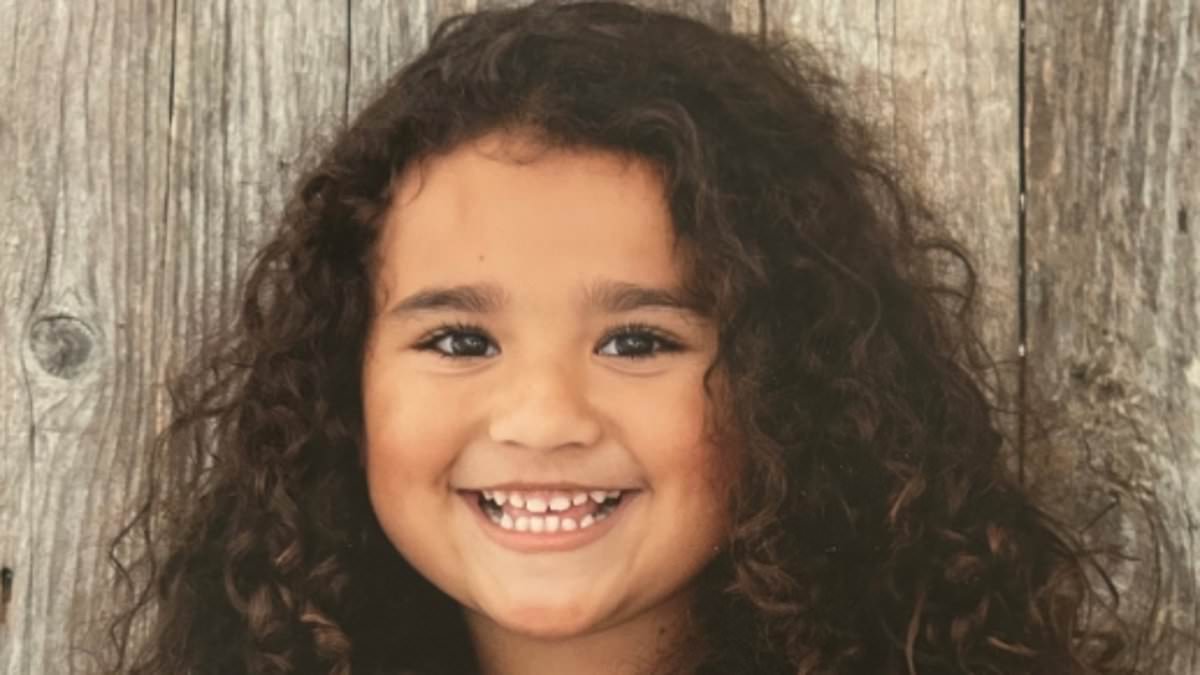Copyright Anchorage Daily News

Children born to mothers infected with COVID-19 during pregnancy faced a higher risk of autism, along with other neurological differences such as delays in speech and motor development, according to a study published Thursday. The analysis of more than 18,100 births in Massachusetts, published in the journal Obstetrics and Gynecology, is among the largest studies to date examining children born to women who contracted the virus starting in the early months of the pandemic through some of 2021, before vaccines were widely available. The study’s authors emphasized that, as an observational study, the findings do not prove that COVID-19 causes the conditions diagnosed in children, but rather signal an association between maternal infection and these outcomes. And the risk of such a diagnosis, even while elevated for women, remains extremely low, said Andrea G. Edlow, a physician scientist at Mass General Hospital and an associate professor of obstetrics and gynecology at Harvard Medical School. “It’s not that every pregnant woman with COVID-19 in pregnancy needs to think that her child is going to have autism,” Edlow, a co-author, said. “Overall, the absolute risk is not extremely high.” Public health experts say the findings underscore the importance of COVID-19 vaccination during pregnancy, noting that protecting expectant mothers helps safeguard both their health and that of their babies. The results come at a time when coronavirus vaccination rates have declined. This spring, Health Secretary Robert F. Kennedy Jr. - a longtime vaccine skeptic - announced that the Centers for Disease Control and Prevention would no longer recommend the coronavirus vaccine for healthy pregnant women, prompting widespread criticism from public health experts. The American College of Obstetricians and Gynecologists continues to recommend vaccination, and federal officials now say all Americans regardless of risk factors should consult a medical provider about getting a coronavirus vaccine. The Trump administration has intensified its scrutiny of coronavirus vaccine policies while promoting claims that taking Tylenol during pregnancy may increase the risk of autism. There are currently no scientific studies that show acetaminophen during pregnancy causes autism, according to many medical experts, who warn that fevers mothers experience during pregnancy can also be harmful. Mary Ann Comunale, an associate professor at Drexel University’s College of Medicine, said the study offers important evidence-based information for discussion between a clinician and their patient. “This is particularly important in the current climate of vaccine hesitancy,” said Comunale, who was not involved in the Massachusetts study. In the new study, researchers examined medical records between March 1, 2020 and May 31, 2021. Among 861 women who had tested positive for the coronavirus during pregnancy, 140 gave birth to a child who would receive a neurodevelopment diagnosis by the age of three. Few had received vaccinations, researchers said. Future studies of larger populations are needed to reveal the potential risk for women who received coronavirus vaccinations, said Edlow and co-author Roy H. Perlis, a Mass General researcher and Harvard psychiatry professor. The research builds on a growing body of work about the impact of viral infection during pregnancy and fetal health. There’s strong evidence that some viruses such as rubella, varicella-zoster and Zika may directly cause fetal injury. In 2015 and 2016, the World Health Organization declared a public health emergency when the Zika virus was spreading in Latin America and was linked to hundreds of births of children with microcephaly, a condition characterized by an abnormally small head and underdeveloped brain. Scientists believe it is rare for respiratory viruses such as flu and SARS-CoV-2, which causes COVID-19, to cross the placental barrier and that the impact on the fetus may be because of a mother’s immune response. One possible culprit may be inflammation, which results in the release of signaling molecules that may influence how neurons - the working unit of the nervous system - in the brain grow, connect and migrate. Flu and COVID-19 have been linked to obstetric complications such as preterm birth but the evidence regarding longer-term impacts on children’s neurodevelopment has been more mixed - with some studies showing small increases in diagnoses and others showing no effect. Edlow explained that “if the fetus’s immune system gets really revved up, that could have downstream consequences, not just for the developing brain, but also for the metabolic system, the liver, the pancreas, the heart, the adipose tissue.” She said that in addition to neurodevelopmental diagnoses that could lead to obesity and metabolic syndrome or insulin resistance later in life. Researchers noted several weaknesses in the study. Lisa Croen, senior research scientist at the Kaiser Permanente Northern California Division of Research, said highlighted that maternal conditions such as obesity, hypertension, gestational diabetes were not controlled for in any of the analyses “so findings could be confounded by these factors.” She said more research is needed but the results do “provide additional, strong rationale for supporting COVID-19 vaccination in pregnancy.”



